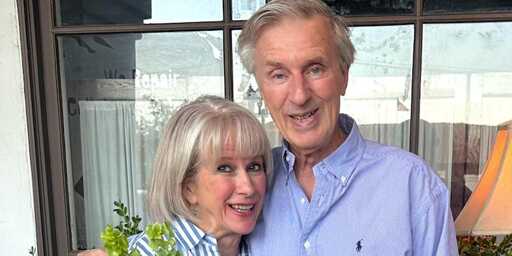Joel and Kathryn Friedman, both 71, are counting the days until they can sell their home and move into a 55-plus community.
The retired empty-nesters have been ready to downsize for years, but are reluctant to sell their five-bedroom, 5,000-square-foot Southern California house [mansion] in large part because of at least $700,000 in capital gains taxes they estimate they’d have to pay.
Since 1997, home sale profits over $500,000 (for married couples) and $250,000 (for single filers) have been subject to a capital gains tax of up to 20%. That threshold hasn’t changed since 1997, meaning that — between inflation and soaring home prices pushing an ever higher number of houses above that limit — many more home sellers have to pay the tax now than when it was first implemented.
The Friedmans are among a growing number of older homeowners discouraged by the tax from selling their valuable properties. Housing economists say that dynamic has exacerbated a shortage of family-sized homes on the market, especially in expensive places like California.
The Friedmans’ house is too big for them, and maintenance costs are only rising, Joel said. “There are a million reasons why we’d like to move, but we’re not because the tax is just burdensome,” he said.
But that could change — there’s bipartisan support in Congress for raising the federal tax threshold to boost home sales in a stagnant market.



So you are saying they will be able to buy a new house, move and then have some left over from the money they got due to selling their old home? Well how are they paying for everything right now
At the end of the day i doubt that we have the same views about fairness at all. I am happy for them that the piece of land that they bought ages ago is now worth a lot. There are however many more losers than winners with this development, so maybe forgive us for not feeling sorry for the winners having to share some.